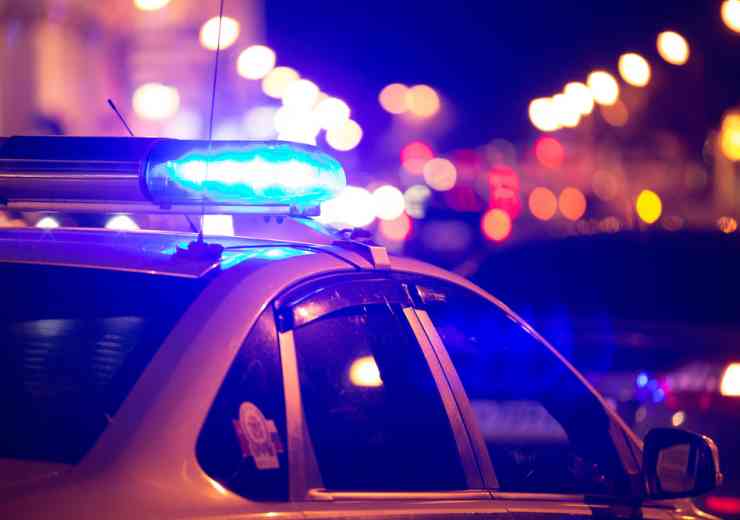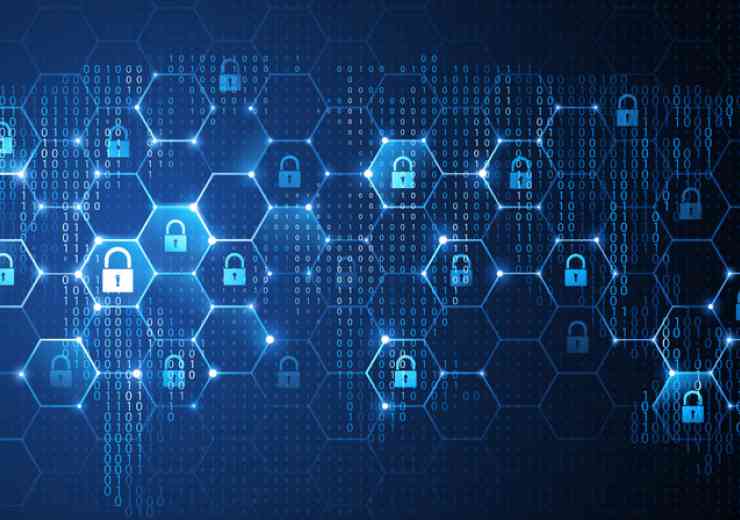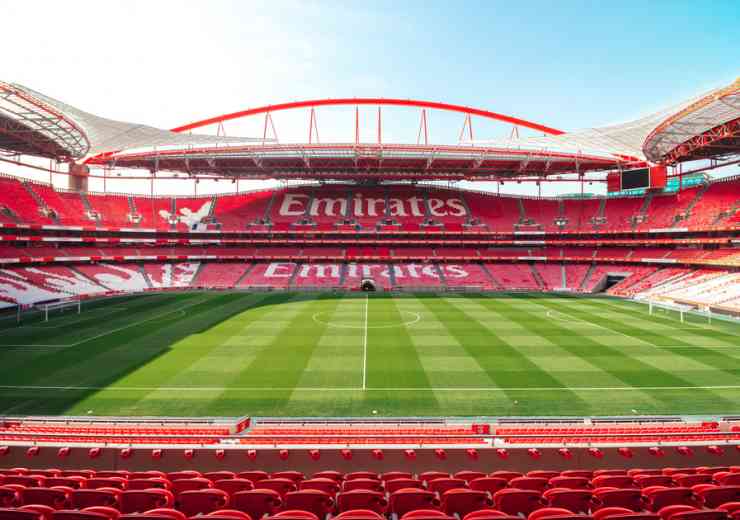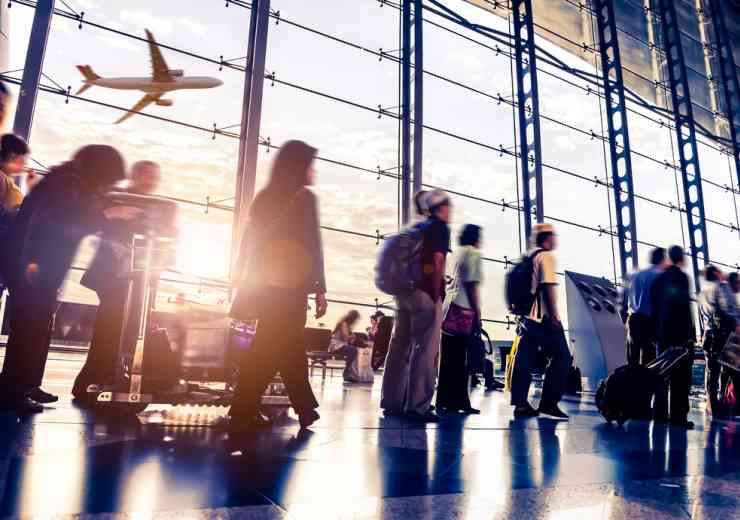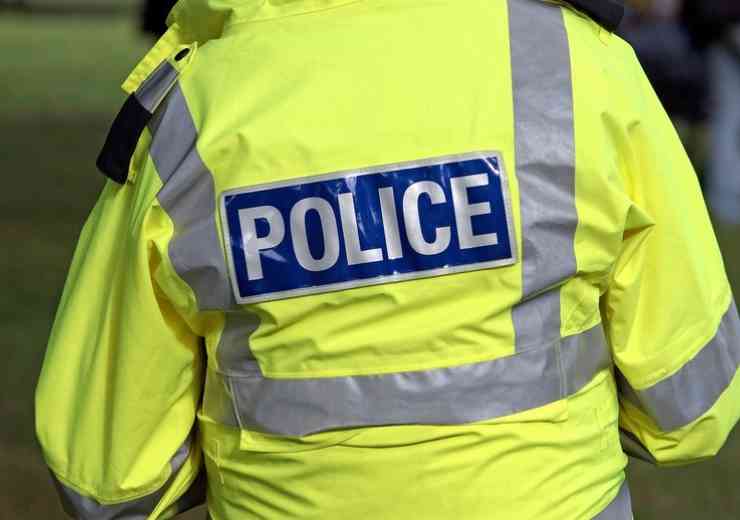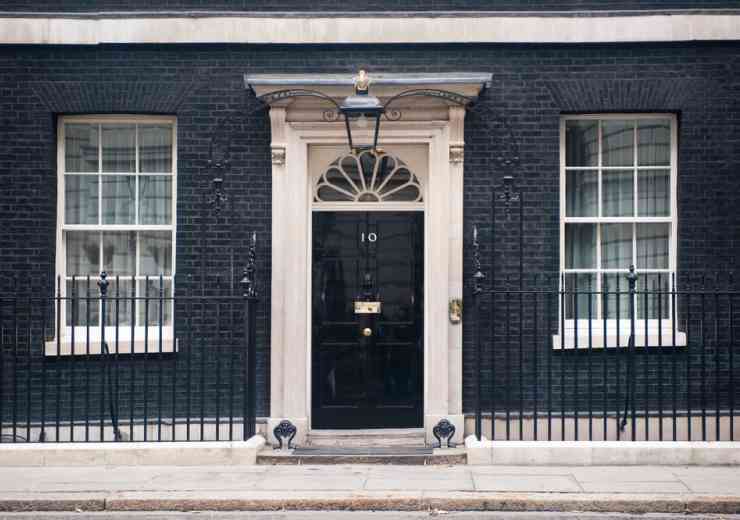Home secretary wants even more surveillance powers
Theresa May has claimed that the UK is not a 'surveillance state' while simultaneously asking for greater surveillance powers.
In a speech at the Lord Mayor's Defence and Security Lecture at Mansion House, in the City of London, May said: "There is no programme of mass surveillance and there is no surveillance state." She added: "Some people have alleged that GCHQ is exploiting a technical loophole in legislation that allows them to intercept external communications -- that is, communications either sent or received outside the UK -- at will and without authorisation. This is... nonsense."
That comes in stark contrast to a recent statement made by the director general of the Office for Security and Counter Terrorism Charles Farr, who pointed to Section 8(4) and (5) of the Regulation of Investigatory Powers Act 2000 which specifically allows "external" communications data, i.e. data sent or received outside of the UK, to be surveilled en masse without regulation.
May also denied that Britain's security services are able to ask "their counterparts overseas to undertake activity that would be unlawful if they conducted it themselves" [so what's going on with the Five Eyes partnership, then?], and added that surveillance powers were only ever used "when they are necessary and proportionate". However, she declined to provide any details of plots thwarted by the security services, saying it would be "cavalier and reckless" to do so.
Meanwhile, May is simultaneously pushing for greater surveillance powers to be handed to the police and security services. She said: "The terrorist threats to this country and our interests are changing faster than at any time since 9/11" and added that Skype and Facetime, as well as social media sites such as Facebook, Twitter and Instagram, have become "safe havens" for terrorists and organised criminals.
She said that it was "quite simply a question of life and death, a matter of national security", that powers to access these sites were granted. A proposal to do so, dubbed the Snooper's Charter, was blocked by deputy prime minister Nick Clegg in 2013.
She added: "I know some people like the thought that the internet should become a libertarian paradise, but that will entail complete freedom not just for law-abiding people but for terrorists and criminals. I do not believe that is what the public wants."
digital issue






